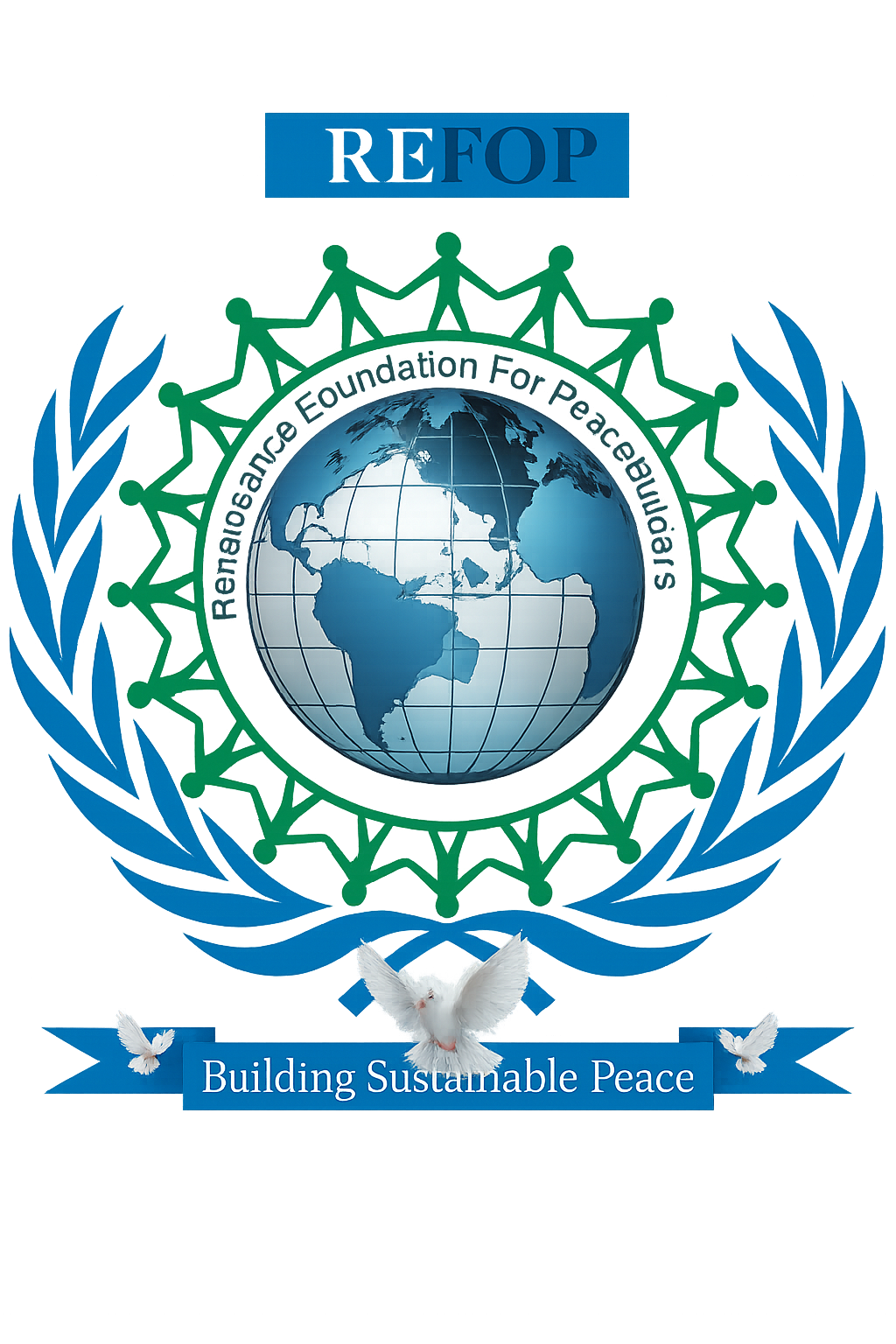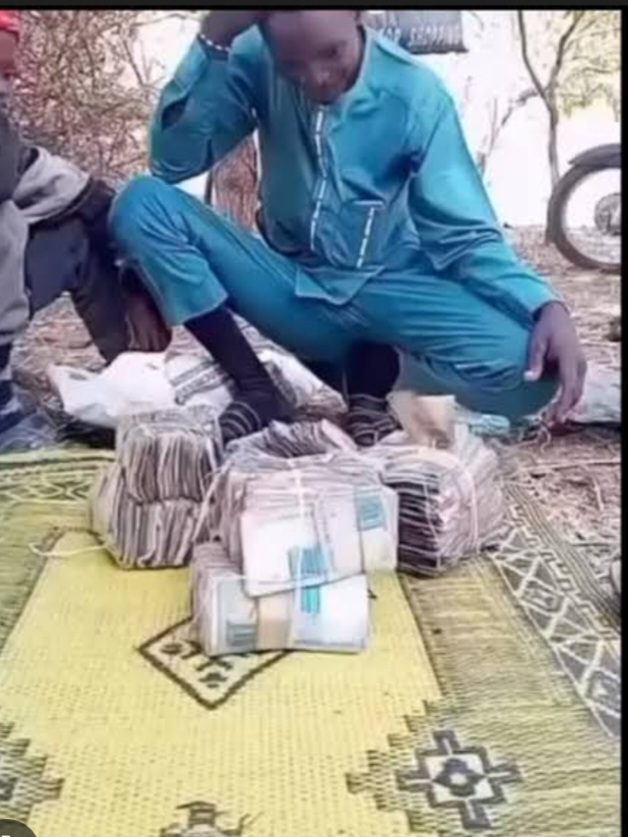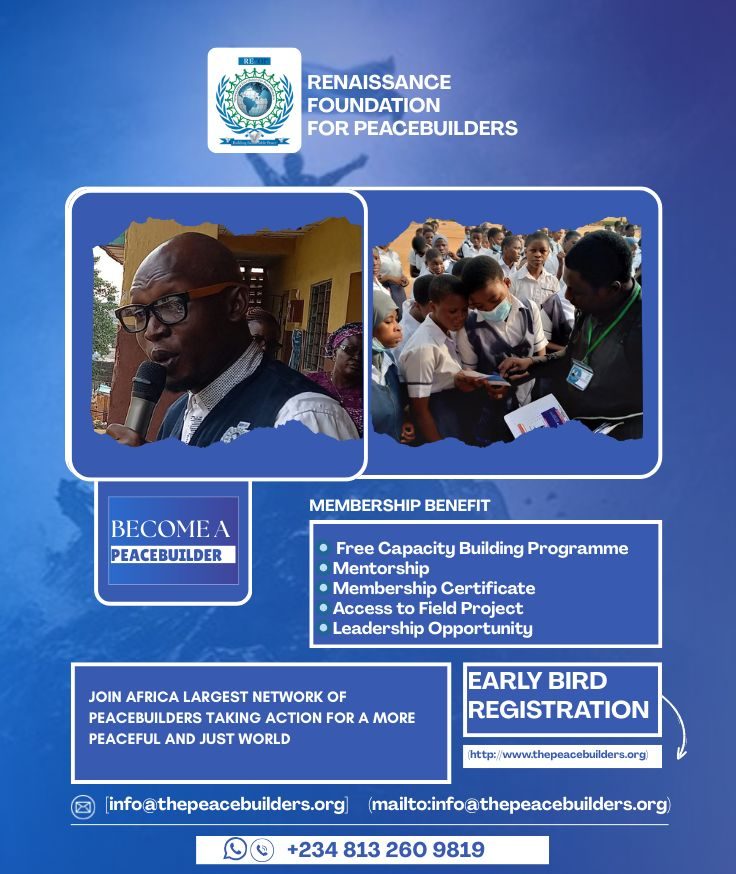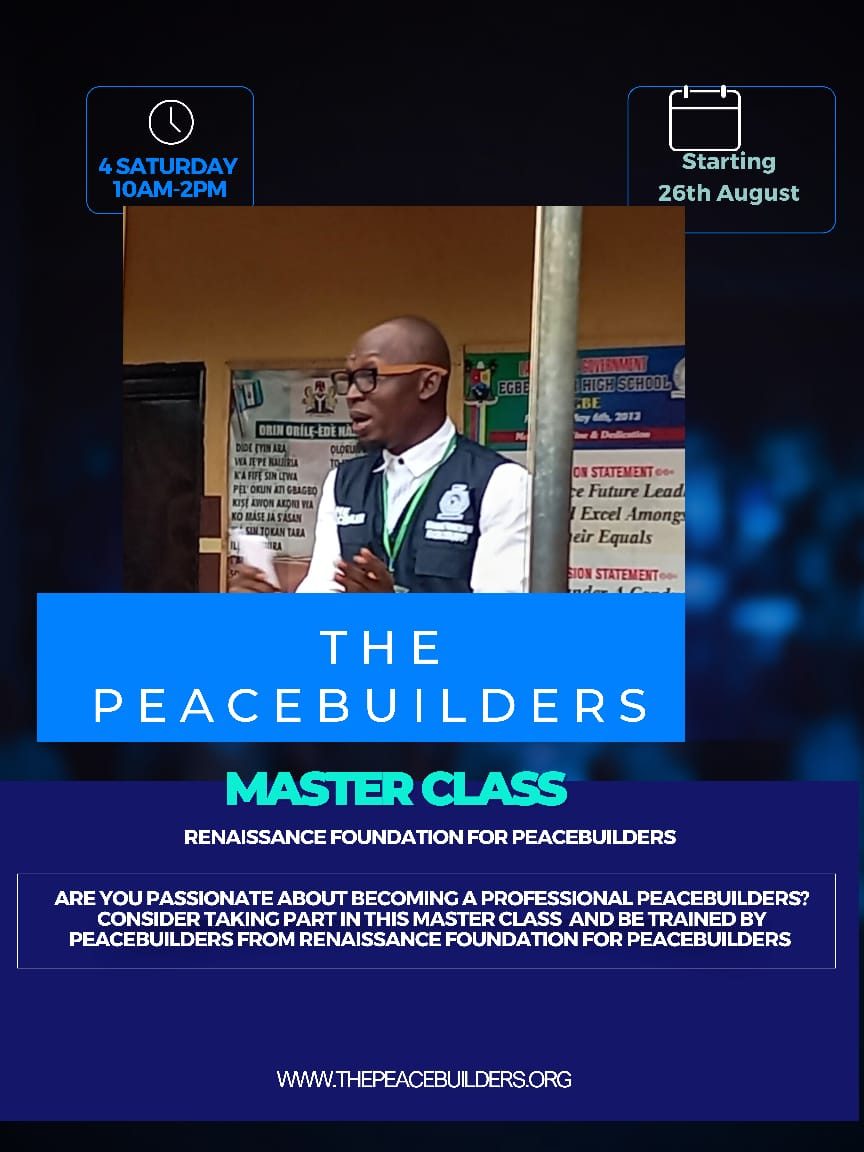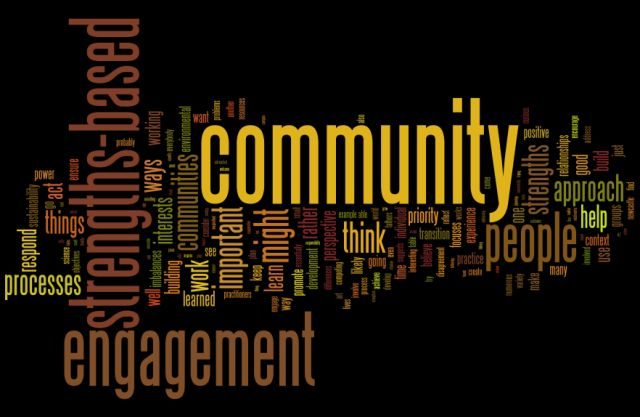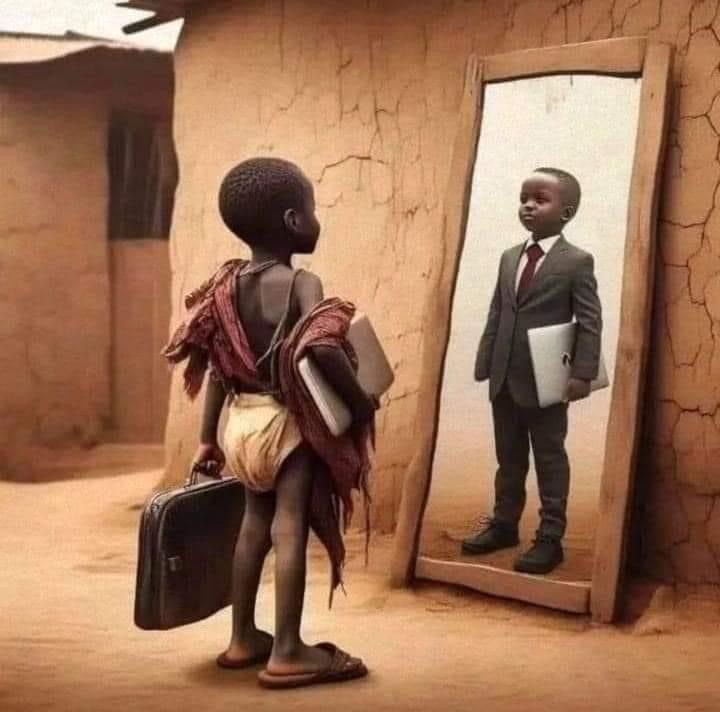423 Suspected Terrorist Financiers In Nigeria: Where Are The Ones Financing Peace?
Peace has become an underrated necessity while terror has gained massive attention such that it now has its visible presence across the 6 geopolitical zones in Nigeria.
It is a case of a child who is so well fed that he is allowed to grow without boundaries while the other is so neglected that he is allowed to remain that illusive. But who finances terror at the detriment of peace? A nation that continues to allow terrorism to grow at the detriment of peace digs its own pit.
It is no longer news that fingers have been pointed at some prominent Nigerians for financing terrorism (terrorists, bandits, Fulani militia and herders). In a surprising twist, some of these individuals are even government officials. Does that mean Government money is being used to promote terrorism? This is a serious question I have been pondering on.
However, while it seems the perpetrators of terrorism are intentional about their agenda, there seems to be no agenda for peace.
The quest for peace and the fight against terrorism cannot be completely abandoned to the Government especially when there are indications to suggest Government mundane approach to combating the menace. In some cases ex Army Generals, Security Advisers and Politicians have been indicted and implicated in bandits wanton escape. There are also many instances where Politicians were seen romanticizing with bandits (Terrorist).
No doubt the terrorists have support both in the Government and private sector. These individuals make funds available for them to buy guns, grenade and every other thing they need for their dastardly acts. Now the question is who are the ones funding peace?
There are organizations whose sole concern is attainment and achievement of sustainable peace. Many have Nobel idea and plan to engineer lasting solution but are paralyzed by lack of funding. So why do we have funds for guns and never have funds for peace?
For organizations like REFOP, it is never lack of what to do but resources to implement. We as a people, the time has come for us to come together and show our alignment. Are we for peace or for terrorism? Those for peace need to so show their commitment for peace projects that peacebuilding organizations never lack resources to fund their projects as it is more profitable to invest in peace than to invest in terrorism!
There is no better time to invest in peace than now. NOW IS THE TIME TO INVEST IN PEACE AND PEACEBUILDING.








